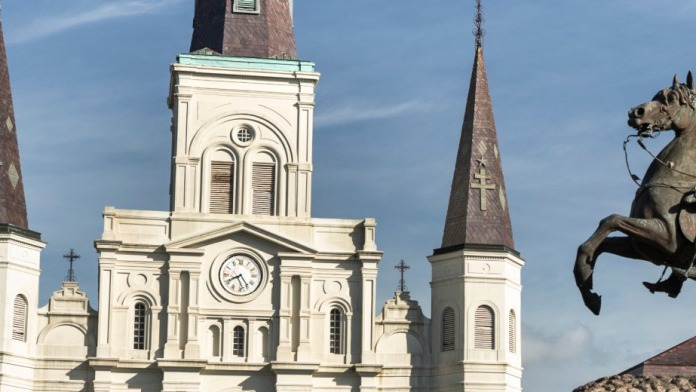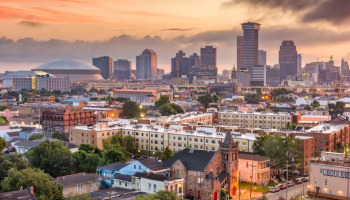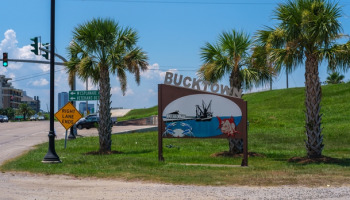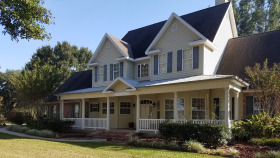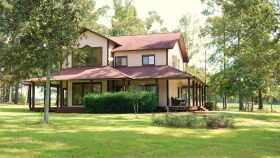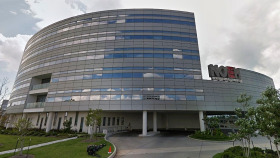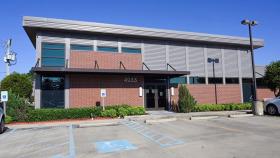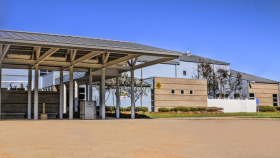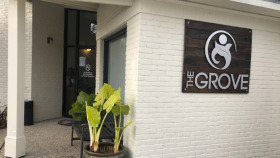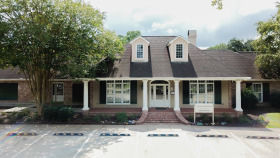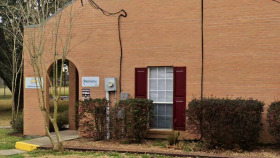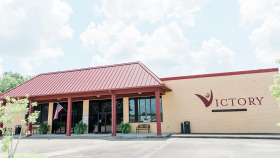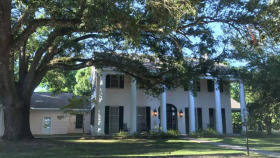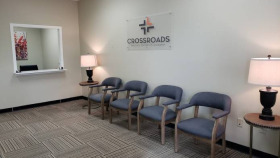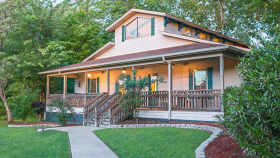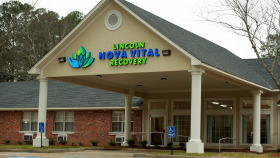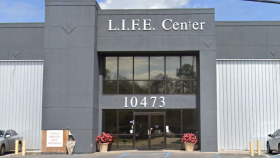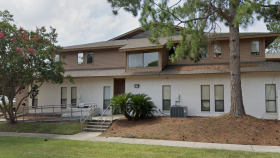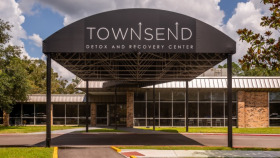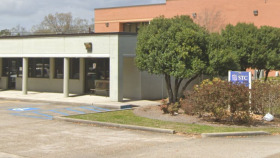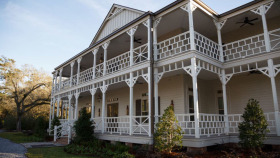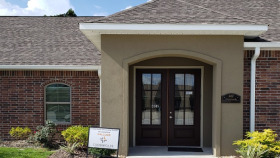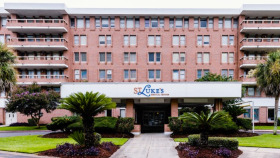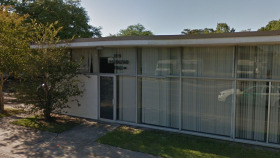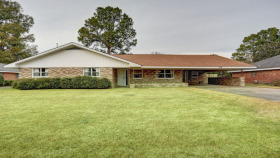Expert Insights
The addiction rate in Louisiana is the fourth highest in the U.S. A 2024 report revealed that 18.1% of the state population reported binge drinking at least once per month.
The state is a major tourist destination centered on events that encourage alcohol consumption like Mardi Gras and the New Orleans Jazz and Heritage Festival.
Alcohol consumption is generally considered more acceptable than other forms of drug use but it can cause similar damage to your physical and mental health. It is highly treatable and I believe we must do more to educate people about the risks associated with it.
We must also address mental health concerns that can lead to self-medication with alcohol such as depression and anxiety.
~ Gayle Morris, BSN, MSN
How Much Does Drug Rehab Cost in Louisiana?
Louisiana is ranked 33rd nationwide in terms of addiction treatment affordability, with an average cost of drug and alcohol rehab of $56,822 (without insurance).
- Medical detox is the most expensive, with an average cost of $140,087
- Long-term inpatient drug rehab in Louisiana costs an average of $50,142
- Outpatient addiction treatment in Louisiana costs an average of $8,332
- Outpatient methadone treatment is the most affordable, with an average cost of $7,403
The cost of rehabilitation in Louisiana will vary based on a variety of factors, including the type of facilities available and the type of program you need. The best way to estimate potential costs is to consider the following:
The type of treatment program you need, i.e., inpatient care, outpatient care, etc.
The type of facility, such as luxury-style accommodations vs basic amenities
The duration of treatment, which could last 30, 60, or even 90 days
Whether you have insurance
Whether you’re eligible for special financing or government funding
The location of your intended facility
How to Find Low-Cost and Free Drug Rehab Centers in Louisiana
As of 2024, there were over 160 drug rehab facilities across the state of Louisiana. These facilities accept several payment methods. Of those treatment facilities, the following numbers reflect how many offer free or low-cost addiction treatment services in Louisiana:
Paying for addiction treatment in Louisiana can be challenging for some people. However, addiction treatment is not a luxury. The costs associated with drug addiction are typically far higher and include the cost of drugs, damaged relationships, unemployment and possible incarceration.
Private Pay + Insurance
Many commercial insurance policies offer coverage for mental health conditions and substance use disorders. Two federal laws mandate coverage. However, there are exceptions so you must verify your insurance coverage for addiction treatment. Costs associated with private insurance include deductibles, copays and coinsurance.
Some treatment centers offer payment plans to help spread these costs over time. Some people choose self pay or private pay even with health insurance. This reduces the potential that their employer will discover they underwent addiction treatment. The following are some of the major insurance providers in Louisiana.
- Ambetter from Louisiana Healthcare Connections
- BlueCross BlueShield of Louisiana
- CHRISTUS Health Plan
- HMO Louisiana
- UnitedHealthcare
Medicaid
Medicaid is a federally and state funded health coverage for individuals who meet eligibility requirements. Typically, eligibility includes U.S. citizenship or qualified immigrants, a current Social Security number, residency in Louisiana, and income limits. Louisiana adopted the Medicaid expansion program under Healthy Louisiana, in June 2016.
Healthy Louisiana extended coverage to adults earning up to $138% of the federal poverty level. Louisiana was the first state in the Deep South to expand eligibility coverage. Medicaid meets the Essential Health Services coverage under the Affordable Care Act, which includes treatment for mental health conditions and substance use disorder and addiction. Healthy Louisiana is administered by the Department of Health. The program aims to protect and promote health coverage and ensure people receive access to Medical and Rehabilitation services.
Medicare
Medicare is a federally funded health program designed primarily for people over the age of 65. Some people who are younger with specific health conditions may also qualify. There are two parts to Original Medicare. Medicare Part A covers inpatient care and hospitalizations, and Medicare Part B covers outpatient care, including therapies and doctor appointments. Medicare meets the essential health services required under the Affordable Care Act, including treatment for mental health conditions and addiction.
In Louisiana, more than 913,000 people are covered by Medicare and more than half of those have Medicare Advantage Plans. Medicare Advantage is also called Medicare Part C. These are premium based managed care policies provided by commercial health insurance providers. Medicare Part C coordinates the care of Medicare Parts A and B under one policy and sometimes offers additional benefits, including behavioral health to manage mental health conditions and substance use disorders. Medicare Part D also is a premium based coverage that provides benefits for prescription drugs including drug replacement therapy for opioid use disorder.
Military Insurance
TRICARE is the health insurance coverage offered to active duty and retired military personnel and their families, National Guard, and Reserves. TRICARE coordinates care under the Military Health System, including coverage for Veterans Affairs facilities and healthcare professionals alongside civilian and healthcare professionals.
TRICARE manages coverage across the world in three regions. In the U.S. there are two regions and Louisiana is in the East Region managed by Humana Military. VA health coverage is offered to active duty and retired military personnel at VA facilities within the state. In Louisiana, there are three VA hospital facilities, some of which offer care and treatment for substance use disorders.
Tribal Funding and Programs
There are four federally recognized tribes in Louisiana and 11 state recognized tribes. The Louisiana Department of Health offers the Louisiana State Opioid Response Grant from the Substance Abuse and Mental Health Services Administration. They received roughly $12,000 each year over two years to help improve the statewide prevention, treatment, and recovery services.
The Substance Abuse and Mental Health Services Administration also offers Tribal Opioid Response Grants to tribes to address the opioid crisis in tribal communities by increasing access to culturally competent evidence-based treatment. Louisiana Grant Watch lists 41 grants to address substance abuse treatment and prevention, eight of which are focused on providing support to non-profit and for-profit tribal organizations.
Other Low Cost Options
You may also have access to more options that lower your cost or make alcohol and drug rehab free in Louisiana. The option that allows you to start rehab quickly is a private loan. You may get a private loan from the bank or friends and family. Bank loans are typically confidential information while loans from friends and family usually have lower interest rates and better repayment plans.
Although a loan is the quickest option, it’s not the only option. You can consider other ways of receiving financial aid to help you pay off a personal loan and reduce your financial burden even further. Many treatment centers offer payment plans and sliding scale fees. To qualify, you must meet eligibility requirements that document your income and ability to pay.
Local businesses and organizations may offer grants and scholarships that do not have to be repaid. Nonprofit faith based and community based programs often take donations that allow them to offer free alcohol and drug rehab. You may also consider crowdsourcing funds to help pay for rehabilitation. While asking for help can feel embarrassing or overwhelming, it is far better than continuing to live under the influence of drugs and alcohol.
Free Addiction Treatment Resources in Louisiana
Accessing low cost and free rehabs in Louisiana is an important part of receiving care that leads to sobriety and sustainable recovery. Addiction treatment centers can be expensive and out of reach for many people. Poverty, homelessness and job loss all affect your financial situation and can make even insurance deductibles and copays too expensive.
Most low cost and free drug and alcohol rehab centers offer the same treatment as luxury centers. This includes inpatient care and outpatient treatment programs with individual, group and family therapies. Treatment centers use evidence based care, including detoxification and aftercare programs to support long term sobriety.
The differences between low cost and luxury treatment centers are often found in the environment and the amenities. For example, luxury treatment centers may offer world class chefs, private rooms and exercise facilities. However, the real goal of attending drug and alcohol rehab is to achieve long term sobriety.
Consider the following ways that financial aid and low cost options can make addiction treatment centers more accessible.
Hope House of Central Louisiana
The housing opportunity is for people 18 and older who are homeless and willing to pursue changes to their situation. People who are a proven danger to themselves or others, incapable of self care, or unwilling to participate in the established program are not eligible.
AcadianaCares
The program provides a network of outpatient and residential care, and sober living recovery. They offer transition from addiction to self sufficiency. They accept some private insurance plans and Medicaid programs.
Opioid Education
The program is provided by the Louisiana Department of Health to link you to resources to keep you and your family safer and find someone who also struggles with an opioid use disorder. They share information on how to use Narcan/naloxone and information on the state Good Samaritan Law that allows people to act in good faith without fear of prosecution or civil liability.
Louisiana Spirit Crisis Counseling Program
The program provides crisis counseling and stress management services that began during Hurricane Katrina. The program is modeled after an approach that targets a vulnerable population to help people understand their situation and provide links to resources during their recovery process.
Trystereo
This all volunteer collective of people in New Orleans help affirm the dignity of people who are addicted. This addresses harm reduction in the community through a mobile street based syringe access program.
Fresh Works
This is a syringe program that provides people fresh supplies and naloxone to reverse the effects of opioid drugs. Everything is provided free of charge, including test strips and safe disposal of used equipment.
Louisiana Drug Use Statistics
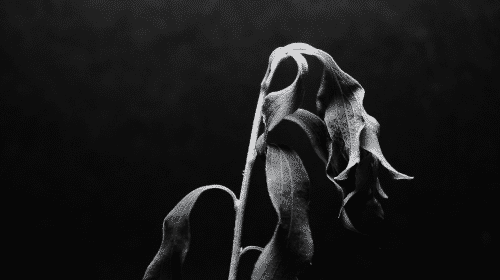
The state saw a yearly increase in opioid-related deaths, going from 160 in 2012 to 588 in 2019.1
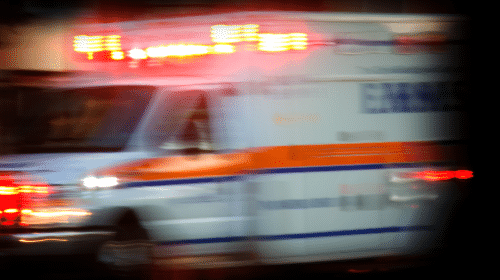
The number of residents aged 18 to 25 with substance use disorders increased from 6.2% in 2017 to 6.9% in 2019.2
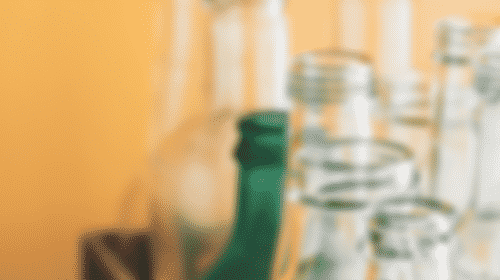
Binge drinking among this same age group rose from 35.2% to 37.1% during the same years.2
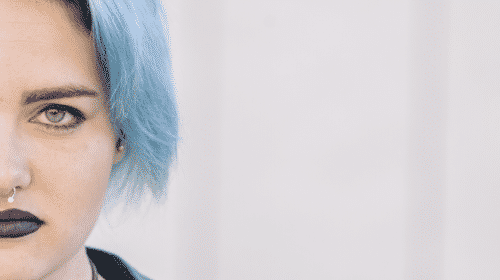
Today, 8.3% of Louisiana’s population has a substance use disorder, higher than the national average of 7.4%.2
Drug Laws in Louisiana
Louisiana Marijuana Laws
Louisiana has some of the most rigorous marijuana laws in the country. Marijuana was legalized for medical purposes in 1991, but penalties for possession include six months in jail and/or up to $500 in fines with a first conviction of possession over 14 grams. People who are immune from prosecution include those who participate in medical marijuana programs.
Louisiana Cocaine Laws
Louisiana authorities have cracked down heavily on the sale and possession of cocaine after battling trafficking for years. Possession of under 28 grams comes with a penalty of 5 years with or without hard labor and $5,000 fine. Amounts over 28 grams carry a penalty of 10 to 60 years of hard labor and fines of $50,000 to $150,000.
Naloxone Availability
Naloxone nasal spray is available over the counter without a prescription. Other naloxone products are also available. People on Medicaid can get naloxone free or at low cost at the local pharmacy.
Louisiana Drug Testing Laws
For the most part, state and local laws determine whether employees may be tested for drugs after employment or during the application process. Employers in Louisiana can require applicants to take a drug test but they must use certified laboratories and specific procedures to test.
Resources
- U.S. Department of Health and Human Services. (2021, December 1). Mental Health and Substance Use Insurance Help.
- Chanell Baylor. SAMHSA (2021). Medication-Assisted Treatment (MAT).
- Substance Abuse and Mental Health Services Administration. (2021, June 8). Methadone.
- U.S. Department of Health and Human Services. (2022, December 8). Who’s eligible for Medicare? https://www.hhs.gov/answers/medicare-and-medicaid/who-is-eligible-for-medicare/index.html
- U.S. Department of Veterans Affairs. (2022, October 12). Substance use treatment for Veterans. https://www.va.gov/health-care/health-needs-conditions/substance-use-problems/
- Lafitte, J. (2024, May 17). American Indians in Louisiana. National Park Service. https://www.nps.gov/jela/learn/historyculture/native-americans-in-louisiana.htm
- Substance Abuse and Mental Health Services Administration. (2024, May 16). Tribal Opioid Response Grants. https://www.samhsa.gov/tribal-affairs/tribal-opioid-response-grants

